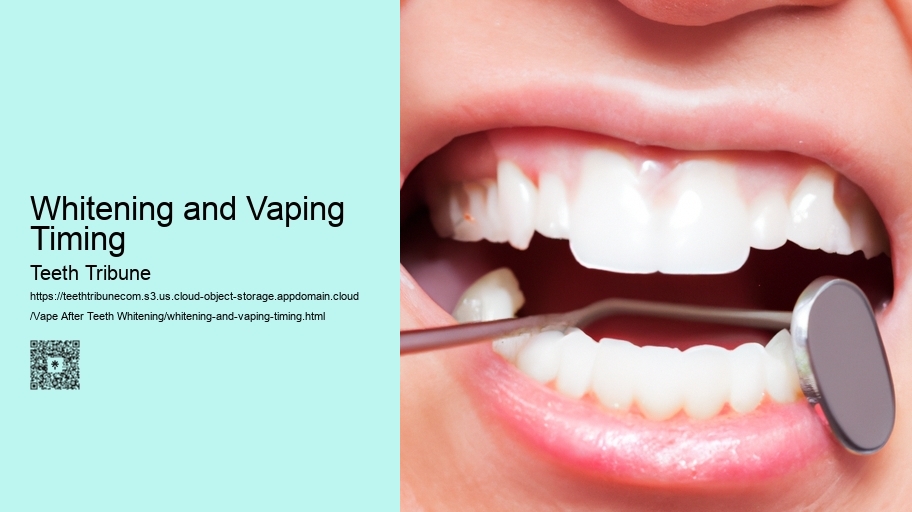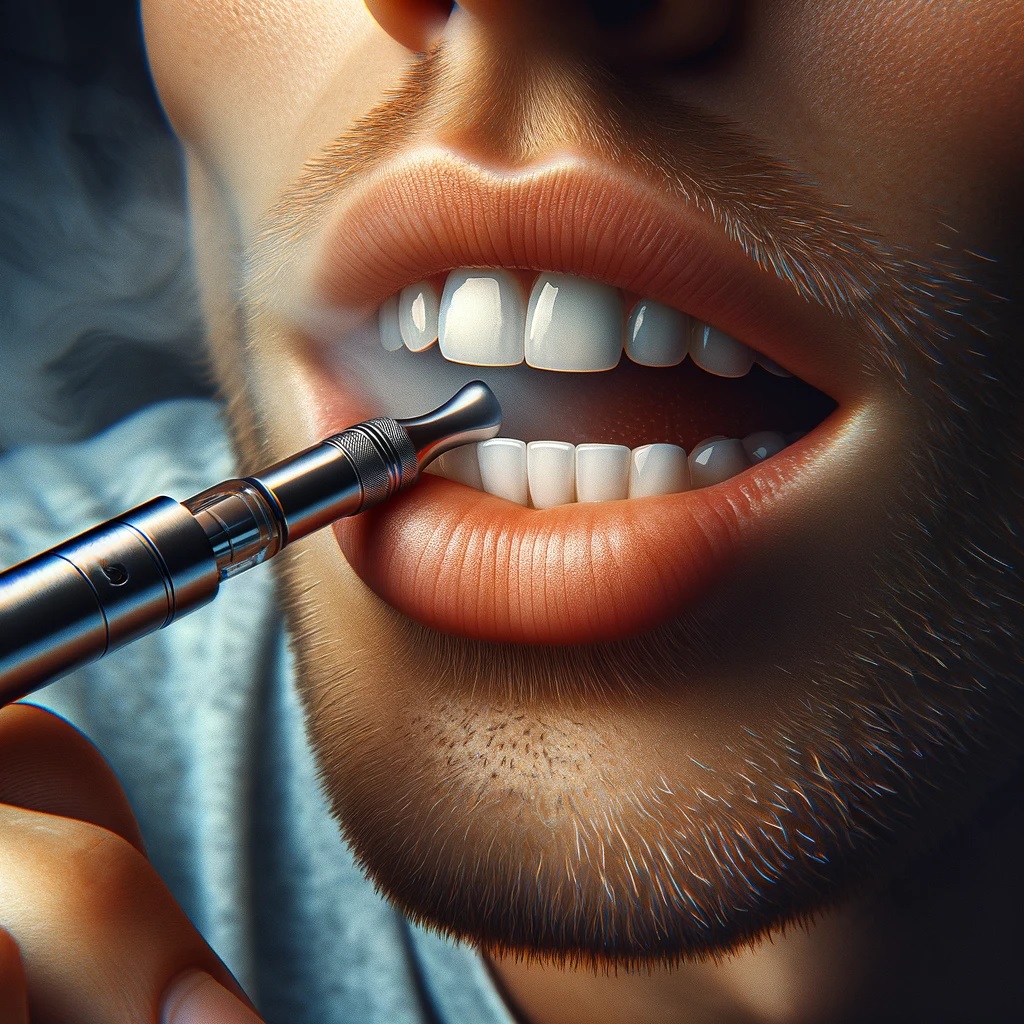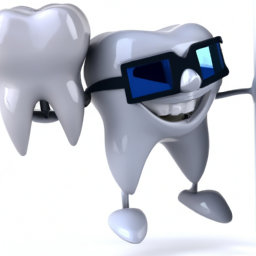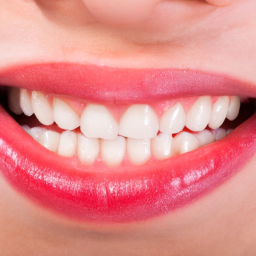

Exploring the relationship between vaping and teeth whitening is crucial for maintaining a bright smile.
The content of vape juice, especially those containing nicotine, may lead to tooth discoloration. This presents a challenge for individuals who have recently undergone teeth whitening procedures. It's advisable to consult with dental professionals about the appropriate waiting period before resuming vaping after whitening treatments.
To preserve the results of teeth whitening, it's essential to follow a rigorous oral hygiene routine. This includes regular brushing, using mouthwash, and possibly adopting alternative nicotine products that are less likely to stain teeth. Proper care ensures that the benefits of teeth whitening are long-lasting, even for those who vape.
Vaping's popularity has surged, but its effects on dental health are a growing concern. Unlike traditional smoking, vaping doesn't produce tar; however, it can still negatively impact teeth and gums.
Nicotine, present in many e-liquids, can constrict blood vessels, affecting gum health. This can lead to gum recession and increased sensitivity, making teeth more susceptible to decay and discoloration. Additionally, the varying pH levels in vaping liquids can also erode tooth enamel over time.
For vapers, maintaining oral hygiene is key. Regular dental checkups, daily brushing, and flossing can help mitigate the adverse effects of vaping. Switching to nicotine-free vape liquids and staying hydrated can further protect teeth and gums from vaping-related damage.
Teeth whitening is a popular cosmetic procedure, but safety should be the top priority.
Overuse of whitening products can lead to tooth sensitivity and damage to the enamel. Following product instructions and dentist's recommendations is crucial. Also, it's important to ensure that any existing dental issues are addressed before undergoing whitening treatments.
Post-whitening care is as important as the procedure itself. Avoiding staining foods and drinks, and maintaining a strict oral hygiene routine, can prolong the effects. Regular dental checkups will help in monitoring the health of whitened teeth and maintaining overall oral health.

Nicotine's impact on teeth is a significant concern for both smokers and vapers. While nicotine itself is colorless, it can quickly yellow teeth when combined with oxygen. This staining is a common cosmetic issue but also indicative of deeper dental problems.
The discoloration from nicotine is usually surface-level, but it can become more ingrained over time. This makes teeth appear dull and yellow, detracting from the aesthetics of one's smile. Regular dental cleaning can help remove some surface stains, but deeper stains might require professional intervention.
To prevent nicotine-induced tooth discoloration, reducing or quitting nicotine use is ideal. Mouth Ulcers For those who continue to use nicotine products, maintaining a rigorous oral hygiene routine, including regular brushing and using whitening toothpaste, can help mitigate staining. Regular dental checkups are also crucial for maintaining oral health and addressing any discoloration issues early.
Vapers seeking to maintain white teeth should consider specialized toothpaste. The best whitening toothpastes for vapers are those formulated to tackle tough stains while being gentle on the enamel. Look for products containing ingredients like hydrogen peroxide or baking soda, known for their whitening properties.
It's important to choose toothpaste that not only whitens but also protects teeth. Formulas with fluoride can help strengthen enamel and prevent decay, a common concern among vapers. Additionally, toothpaste designed for sensitive teeth can be beneficial for those experiencing sensitivity post-vaping.
Regular use of the right whitening toothpaste can significantly impact maintaining a bright smile for vapers. Coupling this with routine dental checkups and a balanced oral care regimen ensures that the teeth stay healthy and white, despite the challenges posed by vaping.


Combining whitening strips with vaping habits requires careful consideration.
It's generally advised to avoid vaping immediately before and after using whitening strips. The chemicals in vape juice can reduce the efficacy of the whitening agents and may lead to uneven whitening or increased sensitivity. Allowing time for the teeth to absorb the whitening product fully is essential.
For best results, vapers should consult with dental professionals for personalized advice. Regular oral hygiene and limiting vaping frequency can also help in maintaining the whitening effects. It's about finding a balance that works for both lifestyle and dental health.
Natural teeth whitening methods are gaining popularity for those seeking a more holistic approach. These methods often involve everyday household items and are seen as safer alternatives to chemical treatments. Common natural whiteners include baking soda, activated charcoal, and hydrogen peroxide.
Baking soda, for instance, is a mild abrasive that can gently remove surface stains on teeth. Activated charcoal is known for its toxin-absorbing properties, potentially helping remove stains. However, it's crucial to use these methods with caution to avoid damaging the enamel.
While natural methods can be effective for minor staining, they might not produce dramatic results. Mouthwash It's always recommended to consult with a dentist before trying any home remedies, especially for those who vape, as some natural substances might react with the chemicals in vape juice.
To maintain your whitening results while vaping, practice good oral hygiene, including regular brushing and flossing. Using whitening toothpaste and mouthwash can also help. Consider reducing your vaping frequency or switching to nicotine-free e-liquids.